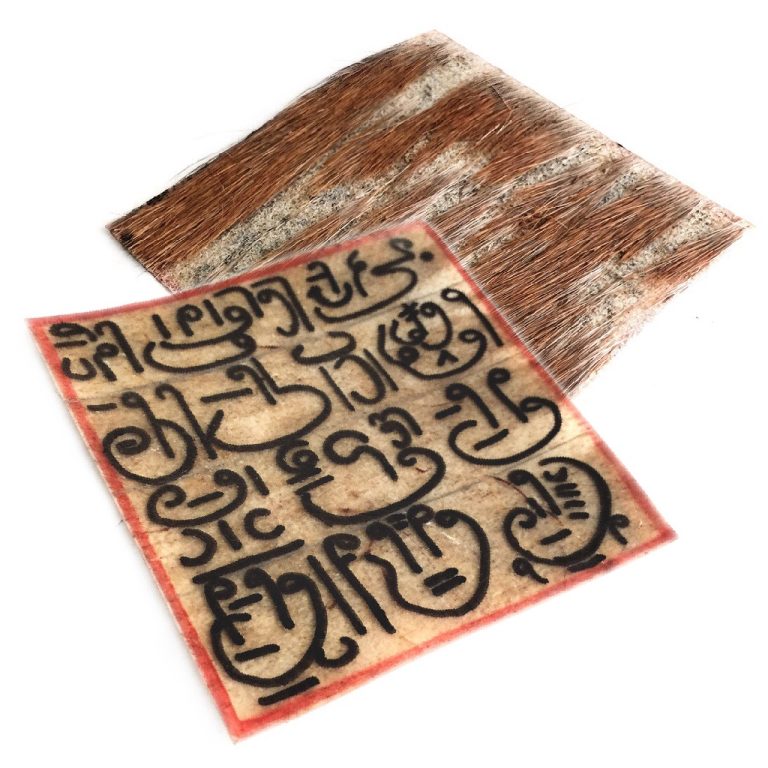Introduction:
In the realm of Islamic spirituality, various practices and rituals hold significance for believers seeking protection, guidance, and blessings. One such practice is the use of taweez, amulets inscribed with Quranic verses or prayers. These taweez are believed to possess spiritual power and are often worn as a form of protection or to attract specific blessings. However, the use of taweez has sparked debate within the Islamic community, with some questioning its validity and adherence to Islamic teachings. In this article, we delve into the connection between taweez and Quranic verses, exploring their significance and the underlying principles in Islamic spirituality.
Understanding Taweez:
Taweez, also known as amulets or talismans, are objects inscribed with religious texts, symbols, or prayers. They are commonly made from various materials such as paper, metal, or cloth. Taweez can be worn as jewelry, carried in pockets, or hung in homes and vehicles. The practice of using taweez dates back centuries and is prevalent across different cultures and religions, including Islam.
The Connection with Quranic Verses:
In Islamic tradition, Quranic verses hold immense spiritual power and significance. Muslims believe that the Quran is the word of God revealed to Prophet Muhammad (peace be upon him) through the angel Gabriel. As such, the recitation and understanding of Quranic verses are central to Islamic worship and spirituality. Quranic verses are believed to possess healing properties, offer guidance, and provide protection against evil forces.
The connection between taweez in islam and Quranic verses lies in the belief that inscribing specific verses onto an amulet enhances its spiritual efficacy. The verses chosen for taweez are often those that invoke protection, blessings, or guidance. Commonly used verses include Ayat al-Kursi (The Throne Verse), Surah Al-Falaq (The Daybreak), and Surah An-Nas (Mankind), among others. These verses are believed to carry divine blessings and protection when inscribed onto a taweez and worn or carried by the believer.
Islamic Perspective on Taweez:
The use of taweez has been a subject of debate among Islamic scholars. While some scholars endorse the practice, citing traditions of the Prophet Muhammad (peace be upon him) and the companions, others caution against it, arguing that it may lead to superstition or shirk (associating partners with God). Proponents of taweez argue that when Quranic verses are used appropriately and with sincere faith, they serve as a means of seeking divine protection and blessings, rather than as objects of worship.
It is important to note that the efficacy of taweez ultimately depends on one’s belief in its spiritual power and the intention behind its use. Islam emphasizes the importance of placing trust in God alone and seeking protection through sincere supplication and reliance on Him. Therefore, while the use of taweez may be permissible in certain circumstances, it should not replace genuine faith and reliance on God.
Conclusion:
The connection between taweez and Quranic verses reflects the rich tapestry of Islamic spirituality, where believers seek divine protection, guidance, and blessings through various practices and rituals. While the use of taweez has been a topic of debate within the Islamic community, it remains a deeply ingrained aspect of folk tradition for many believers. Whether one chooses to use taweez or not, the fundamental principles of faith, sincerity, and reliance on God remain paramount in Islamic spirituality. Ultimately, it is the sincerity of intention and the strength of faith that determine the efficacy of any spiritual practice, including the use of taweez adorned with Quranic verses.







